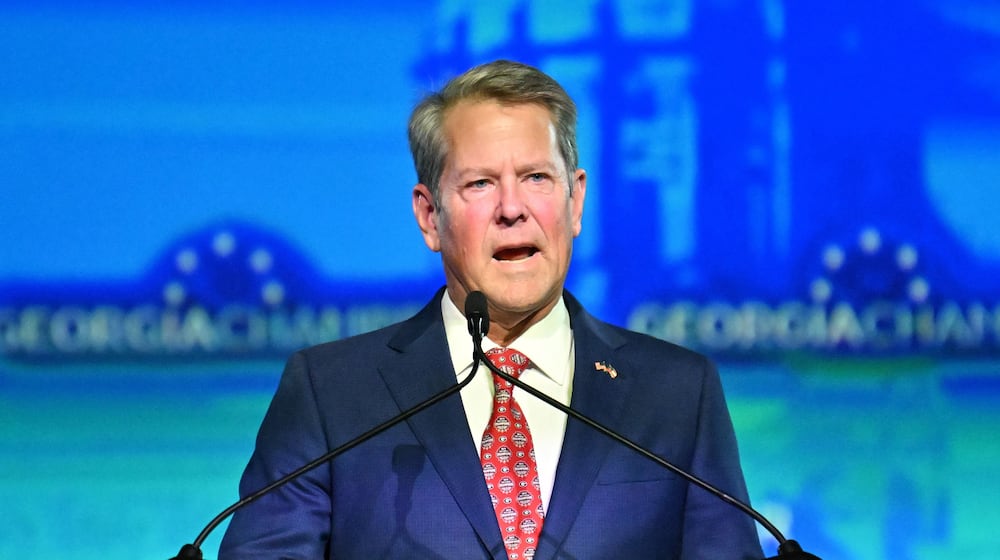Life is about to change for Georgians, again.
A medley of House and Senate bills signed into law by Gov. Nathan Deal from the last legislative session on issues ranging from Sunday alcohol sales to health care will go into effect Friday. Among those is the much-debated Georgia immigration law (House Bill 87) similar to last year’s controversial crackdown on illegal immigration in Arizona.
Each year, July 1 brings in a large batch of new laws to the state, some of which directly affect the everyday lives of Georgians.
Arguably the hottest of these, HB 87 will penalize people who use fake identification to get jobs in Georgia and penalize government officials who violate state laws on immigration enforcement. A federal judge on Monday put on hold some contested parts of the bill, though, including a provision that empowered local and state police to investigate the immigration status of certain suspects and one that punished those who harbor illegal immigrants. Georgia is one of several states to adopt legislation of this nature.
Also on the July 1 queue: Sunday alcohol sales will be allowed from 12:30 to 11:30 p.m. if Georgians decide in referendum votes that they want the change (Senate Bill 10). Times and dates for those votes will be decided by local municipalities or counties.
Foster care payments will now be excluded from the calculation of gross income in determining child support obligations (SB 115). People who want to adopt children will have to get the approval of a separate evaluator (SB 172). And assisted living facilities will be allowed to offer more services that will enable residents to stay longer as opposed to being forced into nursing homes (SB 178).
Georgia legislators earlier this year swiftly passed another popular bill, HB 200, which will increase fines and add time onto sentences for people convicted of sex trafficking. HB 200 is the most recent gain in a long push for tougher punishments for sex trade offenders in Georgia.
The new laws mark the largest outpouring of fresh legislation since Deal took office Jan. 10.
Some other notable laws kicking in Friday:
- HB 461: Georgia could join a health care compact with other states with the goal of avoiding federal control over health care policy. A compact would need congressional approval.
- HB 179: Gives billboard owners the right to clear state-owned roadside trees that block drivers' view of their signs.
- HB 101: Requires drivers to pass cyclists at a 3-foot distance.
- HB 185: The Runaway Youth Safety Act, which provides for the registration of organizations that provide services to runaway and homeless youths and redefines elements of crimes of contributing to youth delinquency.
- SB 57: Provides a procedure, using video cameras, to enforce the law prohibiting passing a school bus while it is stopped and unloading passengers.
- SB 88: Increases the age requirement for use of child restraint systems in vehicles from 6 years old to 8 years old.
But not all bills that made it through the House and Senate got past the governor's desk. Here are some bills that Deal decided to veto:
- SB 140: Would have increased the amount of outstanding revenue bonds that can be issued by the Georgia Higher Education Facilities Authority to $400 million. Would have required that revenue bonds be issued only for self-liquidating projects.
- SB 163: Would have required identification of the source of campaign communications paid for and authorized by a candidate, authorized by a candidate but paid for by another party, or not authorized by a candidate. Would have prohibited the use of any person or organization for endorsement or advertising purposes.
About the Author



